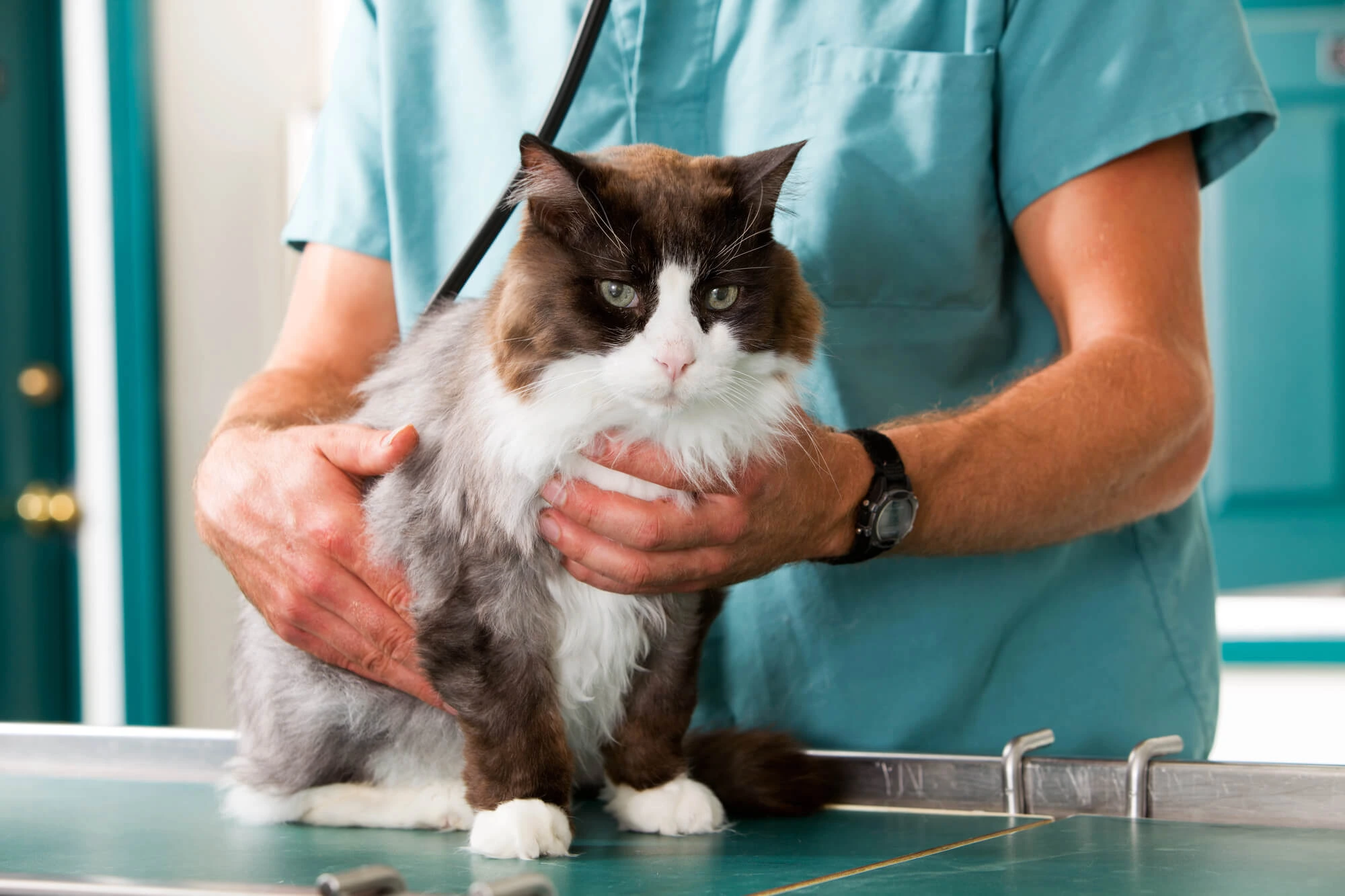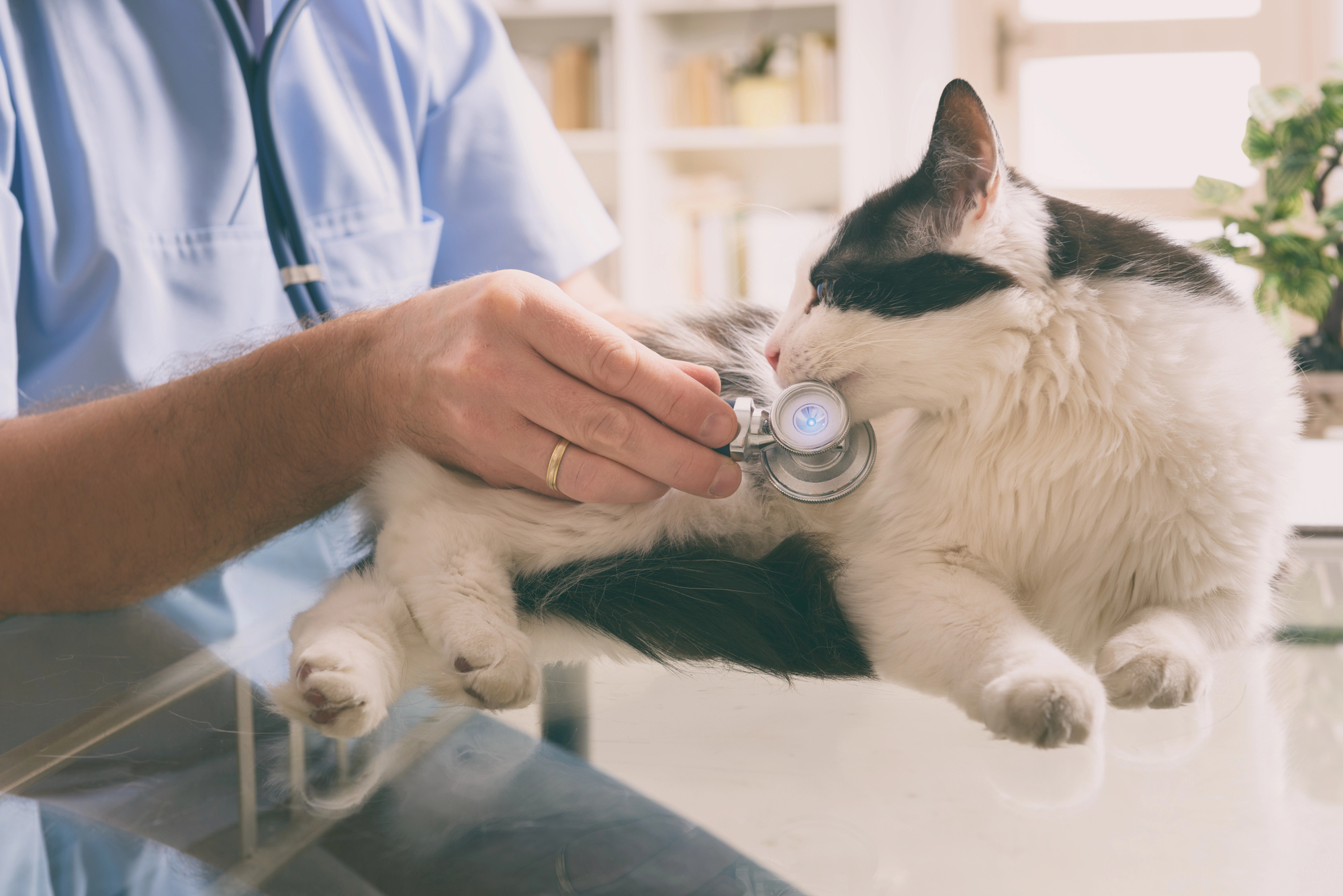Detecting Early Signs of Pet Arthritis

Detecting Early Signs of Pet Arthritis: A Guide for Windermere Pet Owners
Arthritis is a condition that can affect both dogs and cats, often sneaking up quietly until it begins to impact your pet’s comfort and daily routines. As a dedicated pet owner, recognizing the early signs of arthritis in pets is one of the most important steps you can take to protect your companion’s mobility and happiness. At Golden Heart Veterinary Care, located at 13205 Reams Rd, Suite 172, Windermere, FL 34786, our veterinary team is passionate about helping families in Windermere and surrounding communities stay ahead of joint problems. In this blog, we’ll help you identify subtle changes that could indicate arthritis, explain what causes joint disease, and discuss how our advanced veterinary diagnostics in Windermere can guide effective treatment. You’ll also learn how to support your pet’s joint health at home, and when to schedule a professional evaluation for peace of mind.
Whether you’re caring for an energetic young dog or a wise senior cat, it’s important to understand how joint health can change over time. If you’re searching for a “vet near me” who prioritizes early detection and gentle care, you’ve come to the right place. During your pet’s next wellness examination, our veterinarians can screen for joint issues before they become more serious.
Recognizing Early Signs of Arthritis in Pets
Catching arthritis in its earliest stages can make a world of difference for your dog or cat’s comfort and long-term mobility. Pet owners often overlook the initial symptoms, attributing changes in activity or mood to age, weather, or personality. However, subtle warning signs can be the first hint that your pet’s joints are starting to ache.
Common signs of arthritis in pets include noticeable stiffness after rest, mild limping during walks or play, and a reluctance to jump onto furniture or climb stairs. You might observe a slower pace during your morning strolls, or notice that your cat hesitates before leaping to their favorite perch. Behavioral shifts can also signal joint discomfort; pets may become less social, display irritability when touched near sore joints, or sleep more than usual. Sometimes, there’s a visible change in muscle tone, especially around the hips or shoulders.
It’s not unusual for symptoms to fluctuate with the local Florida climate. On rainy or damp days in Windermere, you may see your pet struggle a bit more with movement or seem less enthusiastic about exercise. As joint health in dogs and cats is closely linked to their overall quality of life, paying attention to these early signs gives you the chance to act before pain becomes severe.
If you notice any of these changes, consider booking a comprehensive pet exam in Windermere. Our veterinary professionals are trained to identify even subtle indications of discomfort, giving your pet the best chance at maintaining an active lifestyle.
Understanding Why Arthritis Develops in Dogs and Cats
Arthritis is not just a disease of old age; it is a progressive condition that can be influenced by a variety of factors. While it’s true that senior pets are more likely to experience joint stiffness and pain, younger animals can develop arthritis due to injuries, genetics, or underlying health issues.
The most common form, osteoarthritis, occurs when the protective cartilage that cushions the joints gradually wears down. Factors contributing to this process include previous injuries, such as ligament tears or fractures, as well as chronic conditions like obesity, which places extra stress on the joints. Certain breeds are genetically predisposed to joint problems, especially large-breed dogs, but even cats can develop arthritis as they age.
Inflammation also plays a key role in the progression of arthritis. When joint tissues become irritated, the resulting inflammation can cause pain, swelling, and further damage. In our warm and humid Florida environment, pets with arthritis might experience more pronounced symptoms during weather changes. Regular pet diagnostic laboratory services in Windermere can help us monitor inflammation markers and detect joint issues even before outward signs become obvious.
Understanding your pet’s risk factors empowers you to make informed choices about their care. By prioritizing dog and cat joint health in Windermere, you can help prevent or slow the progression of arthritis, ensuring your companion enjoys an active, happy life.
Advanced Diagnostics and Treatment Options for Pet Arthritis
When it comes to managing arthritis, early and accurate diagnosis is essential. At Golden Heart Veterinary Care, we leverage advanced veterinary diagnostics in Windermere to pinpoint the root cause of your pet’s discomfort and tailor a treatment plan to their unique needs.
Our approach to arthritis begins with a thorough physical examination, focusing on joint mobility, pain response, and muscle condition. If arthritis is suspected, we may recommend diagnostic imaging, such as digital radiology or ultrasound, to visualize changes within the joints. Our digital radiology services provide clear, detailed images that can reveal even subtle signs of cartilage loss, bone spurs, or joint inflammation. When necessary, we also utilize our pet diagnostic laboratory for comprehensive bloodwork and inflammatory markers.
Treatment options for arthritis in pets involve a combination of pain management, anti-inflammatory medications, weight control, and supportive therapies. Depending on your pet’s condition, your veterinarian may suggest prescription medications, joint supplements, therapeutic diets, or physical rehabilitation. In some cases, advanced treatments such as joint injections or surgical intervention may be recommended to restore function and reduce pain.
Our veterinary professionals always tailor treatment plans to your pet’s individual needs, lifestyle, and stage of disease. We also take the time to discuss your options in detail, so you feel confident and informed every step of the way. Managing dog and cat joint health in Windermere is a partnership between our veterinary team and your family, with your pet’s well-being at the center of every decision.
Supporting Your Pet’s Joint Health at Home
While veterinary care is vital, there’s much you can do at home to support your pet’s joints and slow the progression of arthritis. Keeping your pet at a healthy weight is one of the most important steps, as excess pounds place unnecessary stress on the joints. Talk to your veterinarian about an appropriate diet and feeding plan, especially if your pet is prone to weight gain.
Gentle, consistent exercise helps maintain muscle strength and flexibility. For dogs, this might mean shorter, more frequent walks rather than long, strenuous outings. For cats, interactive toys and climbing structures encourage safe activity without overexertion. Providing soft bedding and easy access to favorite resting spots can minimize discomfort, while ramps or stairs may help pets who struggle with jumping or climbing.
Joint supplements containing glucosamine, chondroitin, or omega-3 fatty acids can also play a role in supporting joint health. Before adding any supplement or making significant changes to your pet’s routine, always consult with your veterinarian to ensure the approach is safe and effective.
Environmental modifications can also make a significant difference. Non-slip rugs, elevated food and water bowls, and maintaining a comfortable room temperature can all help pets with arthritis navigate their home environment more easily. By combining these strategies with regular wellness checks, you’re providing the best foundation for pet joint health in Windermere.
When to Seek Veterinary Care for Arthritis Concerns
Knowing when to consult a veterinarian is key to managing arthritis effectively. If you observe persistent limping, reluctance to move, swelling around the joints, or noticeable pain when your pet is touched, it’s time to schedule a veterinary visit. Sudden worsening of symptoms, such as inability to stand or walk, should be treated as an urgent concern.
Regular check-ups are also important for pets with known joint issues, even if symptoms appear stable. Ongoing monitoring allows your veterinarian to adjust treatment plans and catch any new developments early. If you’re searching for “veterinary services near me” or wondering where to find trusted veterinary diagnostics in Windermere, Golden Heart Veterinary Care is here to help.
Our team is committed to supporting you at every stage, from early detection to advanced care. During your visit, we’ll discuss your pet’s unique history, perform a thorough evaluation, and recommend appropriate next steps. Remember, prompt attention not only relieves pain but can significantly improve your pet’s quality of life.
Take Charge of Your Pet’s Joint Health with Golden Heart Veterinary Care
Arthritis doesn’t have to mean the end of joyful walks or playful afternoons. By recognizing the early signs of arthritis in pets and acting quickly, you can help your dog or cat stay active and comfortable for years to come. At Golden Heart Veterinary Care, we are proud to provide advanced veterinary diagnostics in Windermere, compassionate treatment, and ongoing support for families throughout Windermere and surrounding communities.
If you’ve noticed changes in your pet’s mobility or behavior, or if you simply want peace of mind about their joint health, we encourage you to schedule an appointment with our experienced team of veterinarians. Our approach combines the latest technology with a gentle touch, ensuring your pet receives the care they deserve. Whether you’re looking for a “vet near me” you can trust or want to learn more about digital radiology services for joint health, we’re here to help.
Reach out to Golden Heart Veterinary Care at (407) 392-1888 or visit us at 13205 Reams Rd, Suite 172, Windermere, FL 34786 to schedule your pet’s next wellness examination. Together, we’ll keep your companion’s tail wagging and purrs going strong, no matter what the future holds.
All medical information provided in this blog is for educational purposes only and should not replace professional veterinary advice. For specific concerns about your pet’s health, always consult with your veterinarian.






















